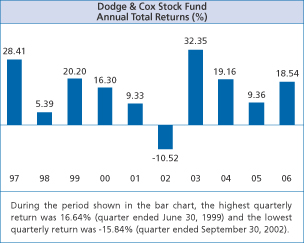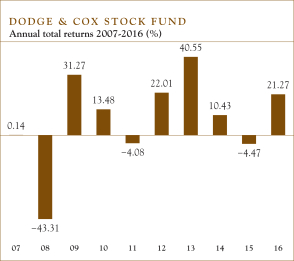https://www.sec.gov/Archives/edgar/data/810893/000119312522046660/d115005d497.htm497 1 d115005d497.htm 497
PIMCO Funds
Supplement dated February 18, 2022 to the
International Bond Funds Prospectus dated July 30, 2021,
as supplemented from time to time (the “Prospectus”);
and to the Statement of Additional Information dated July 30, 2021,
as supplemented from time to time (the “SAI”)
Disclosure Related to the PIMCO Global Bond Opportunities Fund (Unhedged) (the “Fund”)
The Board of Trustees of PIMCO Funds (the “Trust”) has approved a Plan of Liquidation for the Fund pursuant to which the Fund will be liquidated (the “Liquidation”) on or about June 17, 2022 (“Liquidation Date”). This date may be changed without notice at the discretion of the Trust’s officers.
Suspension of Sales. Effective May 20, 2022, the Fund will no longer sell shares to new investors or existing shareholders (except through reinvested dividends), including through exchanges into the Fund from other funds of the Trust or funds of PIMCO Equity Series. The Fund may deviate from its investment objective at any time prior to the Liquidation Date.
Mechanics. In connection with the Liquidation, any shares of the Fund outstanding on the Liquidation Date will be automatically redeemed as of the close of business on the Liquidation Date. The proceeds of any such redemption will be equal to the net asset value of such shares after the Fund has paid or provided for all of its charges, taxes, expenses and liabilities, including certain operational costs of liquidating the Fund. The distribution to shareholders of these Liquidation proceeds will occur as soon as practicable, and will be made to all shareholders of record of the Fund at the time of the Liquidation. Additionally, the Fund must declare and distribute to shareholders any realized
capital gains and all net investment income no later than the final Liquidation distribution. Pacific Investment Management Company LLC (“PIMCO”), investment adviser to the Fund, intends to distribute substantially all of the Fund’s net investment income prior to the Liquidation. PIMCO will bear all operational expenses associated with the Liquidation pursuant to the Second Amended and Restated Supervision and Administration Agreement between the Trust and PIMCO.
Other Alternatives. At any time prior to the Liquidation Date, shareholders of the Fund may redeem their shares of the Fund and receive the net asset value thereof, pursuant to the procedures set forth under “Purchases, Redemptions and Exchanges – Redeeming Shares” in the Prospectus. Shareholders may also exchange their shares of the Fund for shares of the same class of any other fund of the Trust or any fund of PIMCO Equity Series that offers that class, as described in and subject to any restrictions set forth under “Purchases, Redemptions and Exchanges – Exchanging Shares” in the Prospectus.
U.S. Federal Income Tax Matters. Although the Liquidation is not expected to be a taxable event for the Fund, for taxable shareholders, the automatic redemption of shares of the Fund on the Liquidation Date will generally be treated as any other redemption of shares, i.e., as a sale that may result in a gain or loss for federal income tax purposes. Instead of waiting until the Liquidation Date, a shareholder may voluntarily redeem his or her shares prior to the Liquidation Date to the extent that the shareholder wishes to realize any such
gains or losses prior thereto. See “Tax Consequences” in the Prospectus. Shareholders should consult their tax advisers regarding the tax treatment of the Liquidation.
If you have any questions regarding the Liquidation, please contact the Trust at 1-888-877-4626.
Investors Should Retain This Supplement For Future Reference
PIMCO_SUPP1_021822


